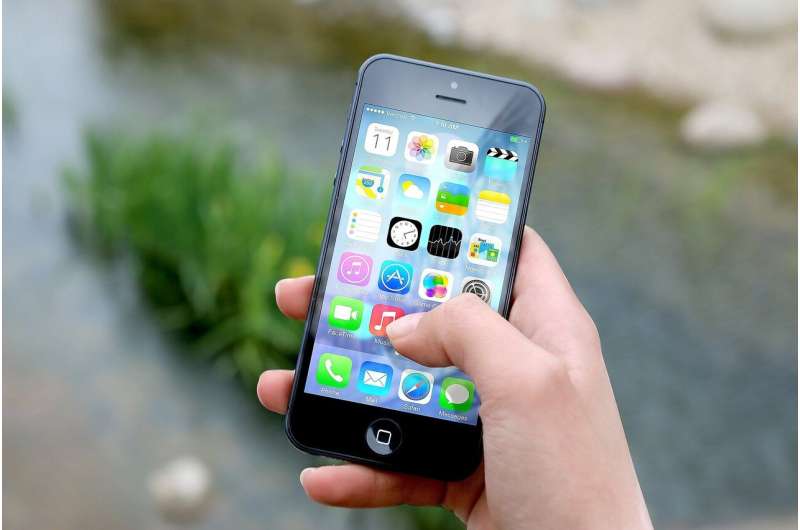Coronavirus phone tracing by Apple and Google could help America reopen

As the United States eases out of a painful, job-killing phase of social distancing and sheltering at home, preventing the new coronavirus from roaring back will require shattering infection chains as rapidly as they reemerge.
This means identifying new infections so the sick are treated and their contacts quickly isolated. Ensuring success might also mean embracing digital surveillance technology, despite privacy risks.
Some nations are already using data collection, with aggressive testing and contact tracing, to manage COVID-19 without the same level of death and economic ruin the United States has endured.
Learn who else is infected
China's autocratic regime requires citizens to use smartphone software that rates their infection risk with color codes and shares that information with police; the government also runs facial-recognition scans via publicly located cameras to monitor those who are supposed to be quarantined.
Passengers arriving in South Korea, a democracy, are required to download a self-diagnosis app. And Seoul uses cellphone data, credit card transactions and security footage to track the movements of COVID-19 patients, making details public with addresses—but without names—in order to alert people and learn who else is infected.
This kind of privacy infringement wouldn't be tolerated in the United States, where citizens grew angry when the government collected telephone records after 9/11 in the name of counterterrorism. But China and South Korea now have coronavirus death rates —3.3 per million and 4.6 per million residents, respectively—that are tiny fractions of the 130 deaths per million among Americans.
Between Big Brother and nothing at all
As the United States works toward reopening its economy, is there something between Big Brother surveillance and nothing at all? Something that could help guard against a deadly virus relapse? A joint effort by Apple and Google shows promise.
The companies have developed software technology that allows iPhone and Android devices new ways to swap data. Phone users would have to voluntarily enlist in this program by downloading an app from their local health care authority. Once installed, their smartphone would use short-distance Bluetooth technology to track all nearby contacts with other people who elected to use the same technology.
The data would be stored on each individual phone and include no names or location information, only a "key" identifier exclusive to each nearby contact. These identifiers would be rotated on a randomized basis to prevent long-term tracking.
If a smartphone user fell sick with the novel coronavirus, they'd be diagnosed by their health authority and report this in the app. The iOS and Android devices of other people participating in the program would download these reports and look for a match to see whether they had been in contact with a coronavirus victim. The whole idea would be to trace and alert those who might also be infected, with the aim of cutting any COVID-19 infection chain.
This still is a sort of surveillance, although more palatable because of greater reliance on anonymity and voluntarism. And the promise of privacy protection carries added weight because of participation by Apple, which has a demonstrated history of refusing government demands for data.
Moreover, without a system like this, contact tracers by the thousands will have to rely solely on the memory of ailing COVID-19 patients to learn who else might be infected.
For this Apple/Google idea to work—it's to be rolled out by mid-May—many will have to choose it. California has been out front on coronavirus measures, and Gov. Gavin Newsom said this month that his government is exploring the tech giants' concept. Its effectiveness hinges on participation. Similar voluntary tracking software offered in Singapore and Iceland attracted only 20% to 40% of smartphone users, and epidemiologists believe 60% is the necessary threshold.
Americans have already shown a willingness to act in unity against coronavirus by staying home and maintaining social distances in numbers large enough to bring down rates of infection. The question will be whether they can show the same consensus when it comes to keeping the disease away.
If you can't see this reader poll, please refresh your page.
©2020 USA Today
Distributed by Tribune Content Agency, LLC.




















